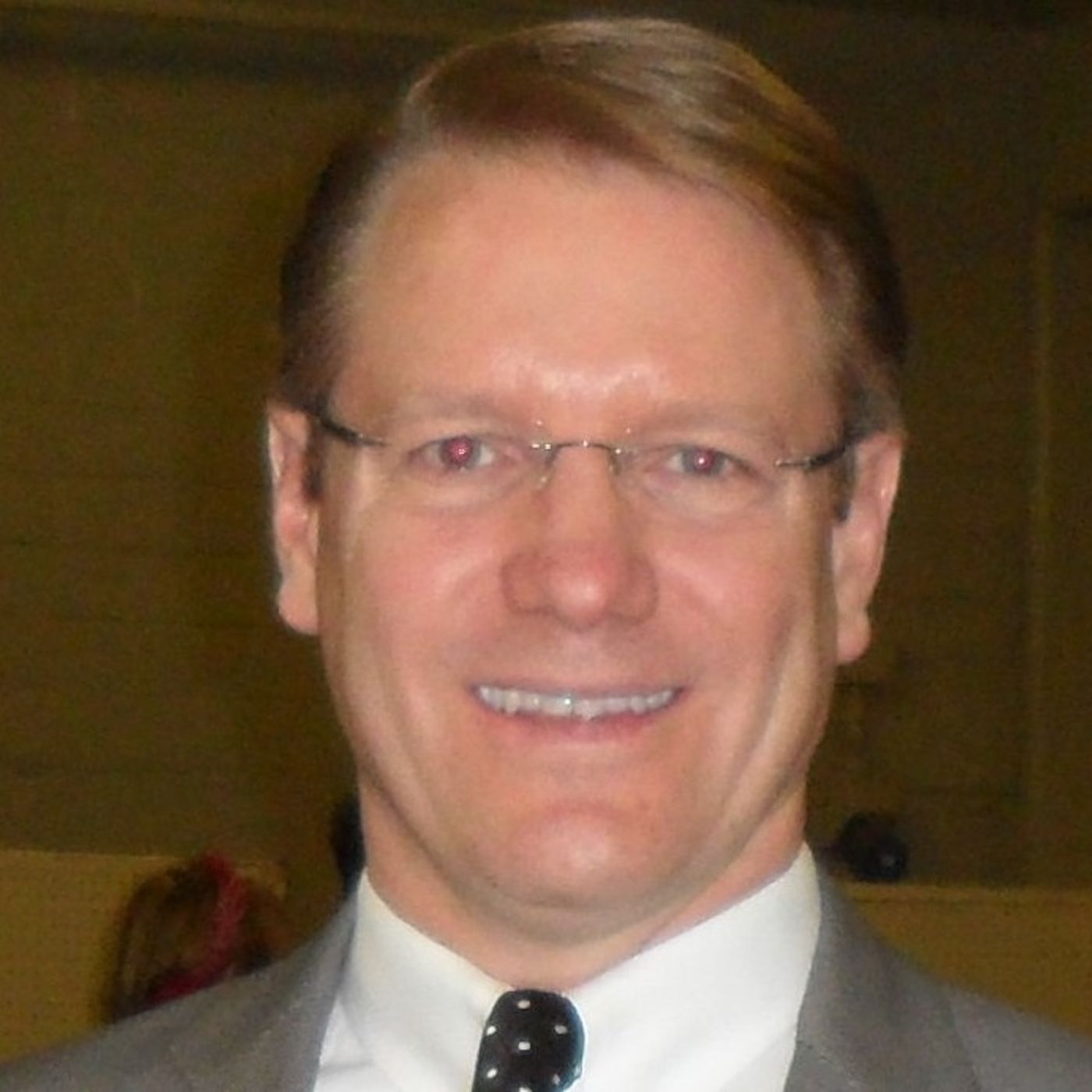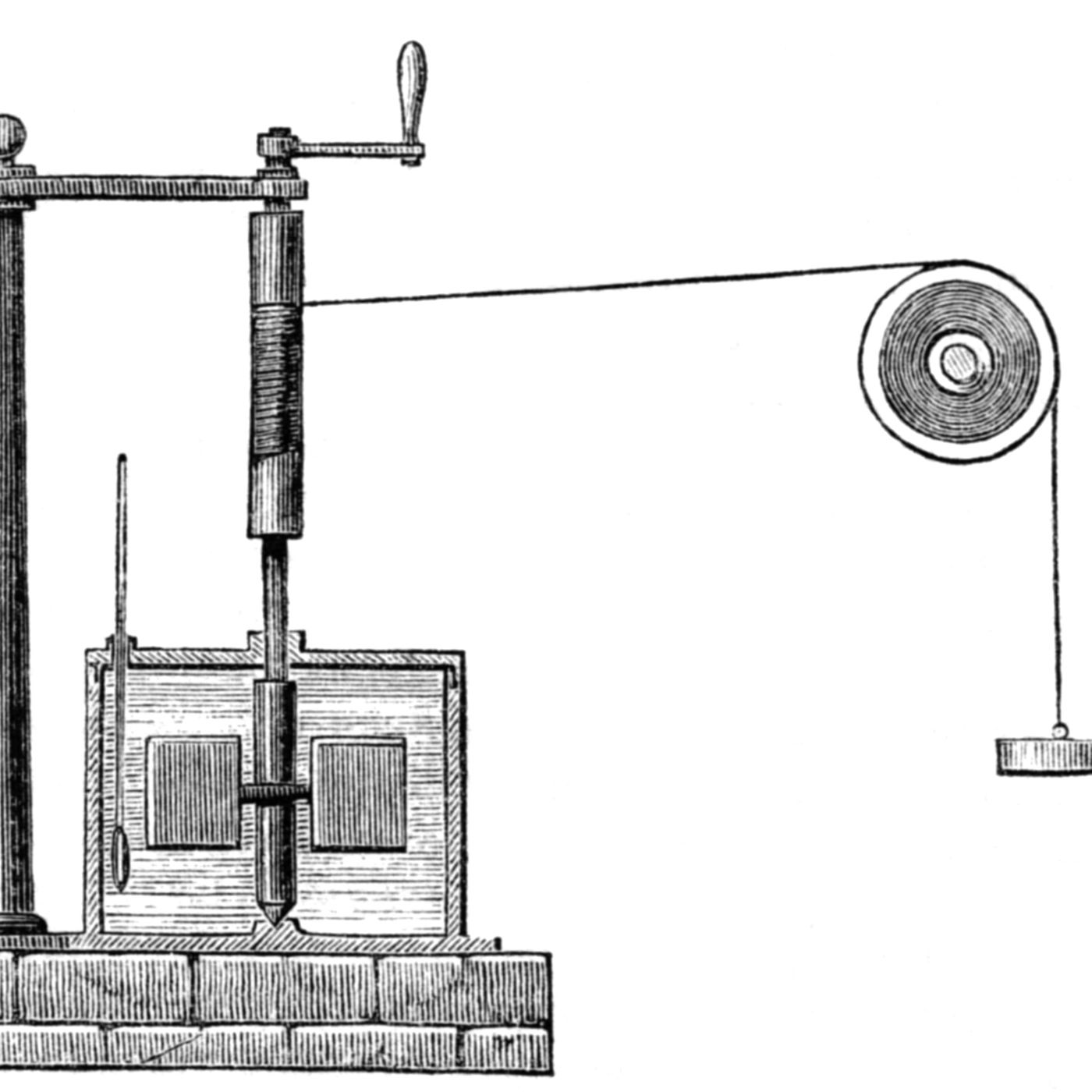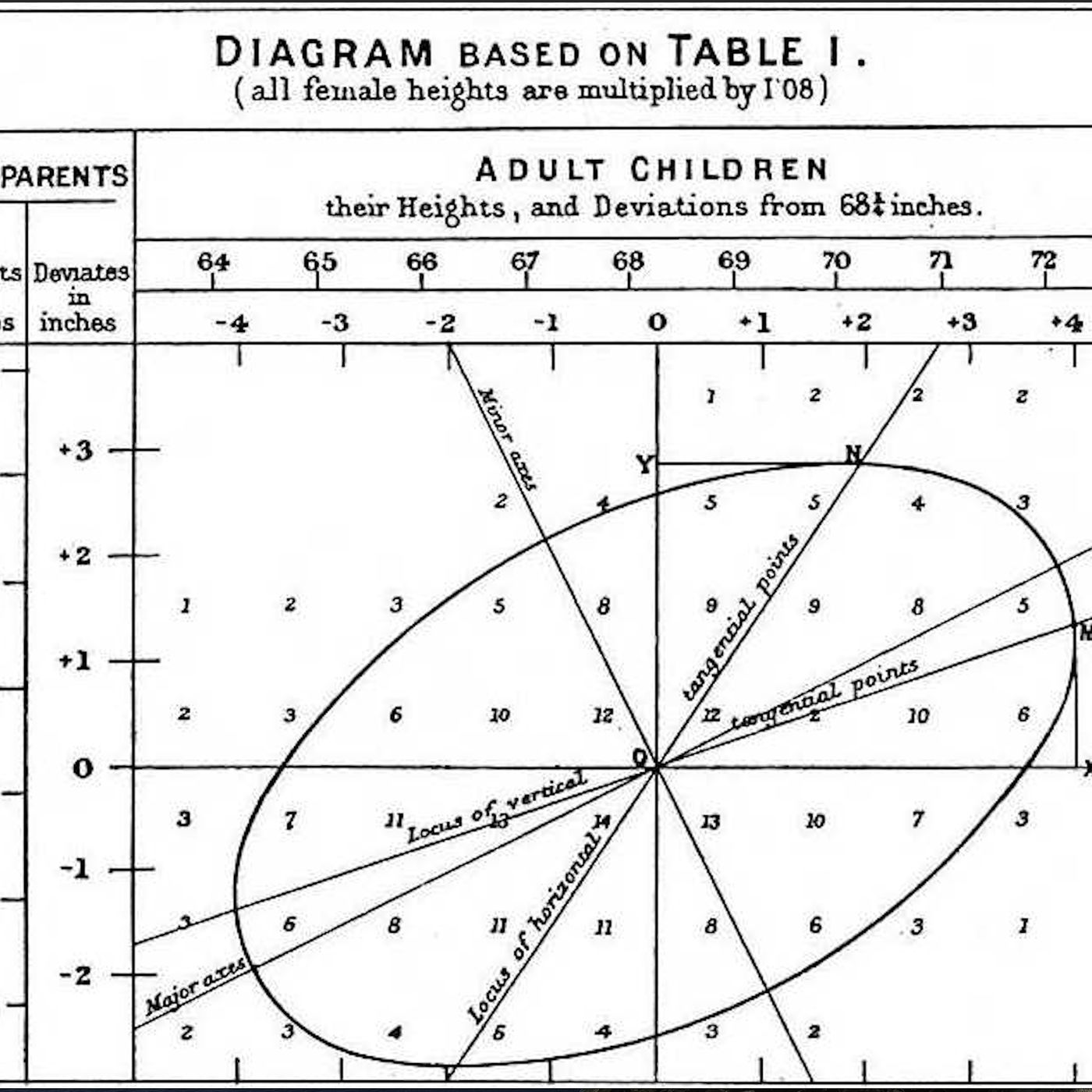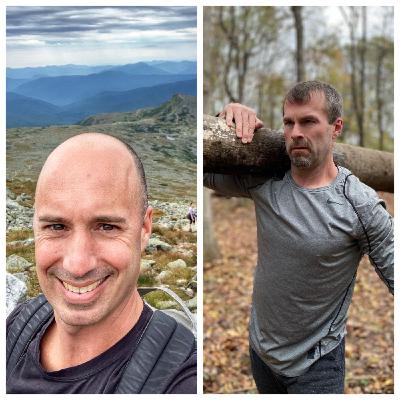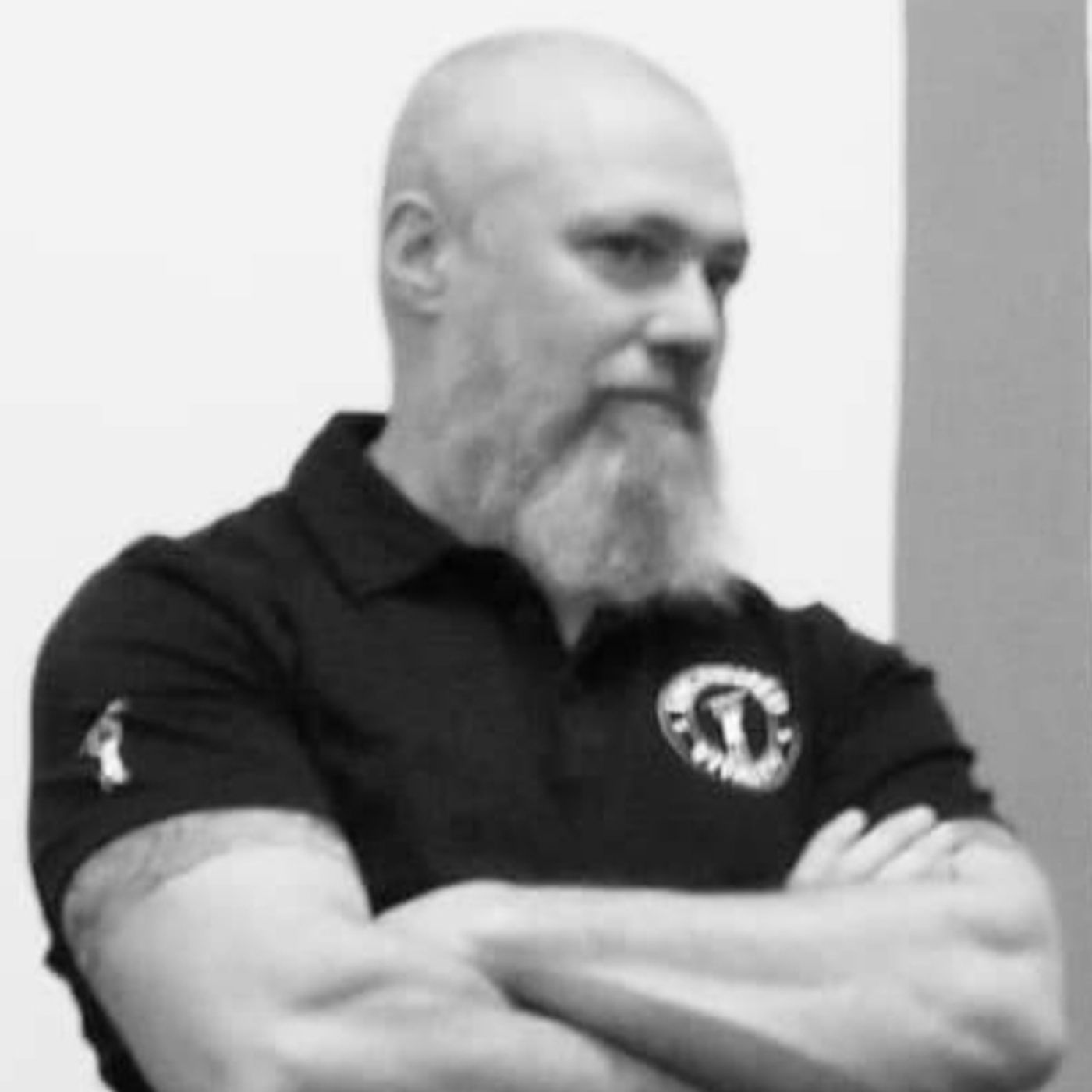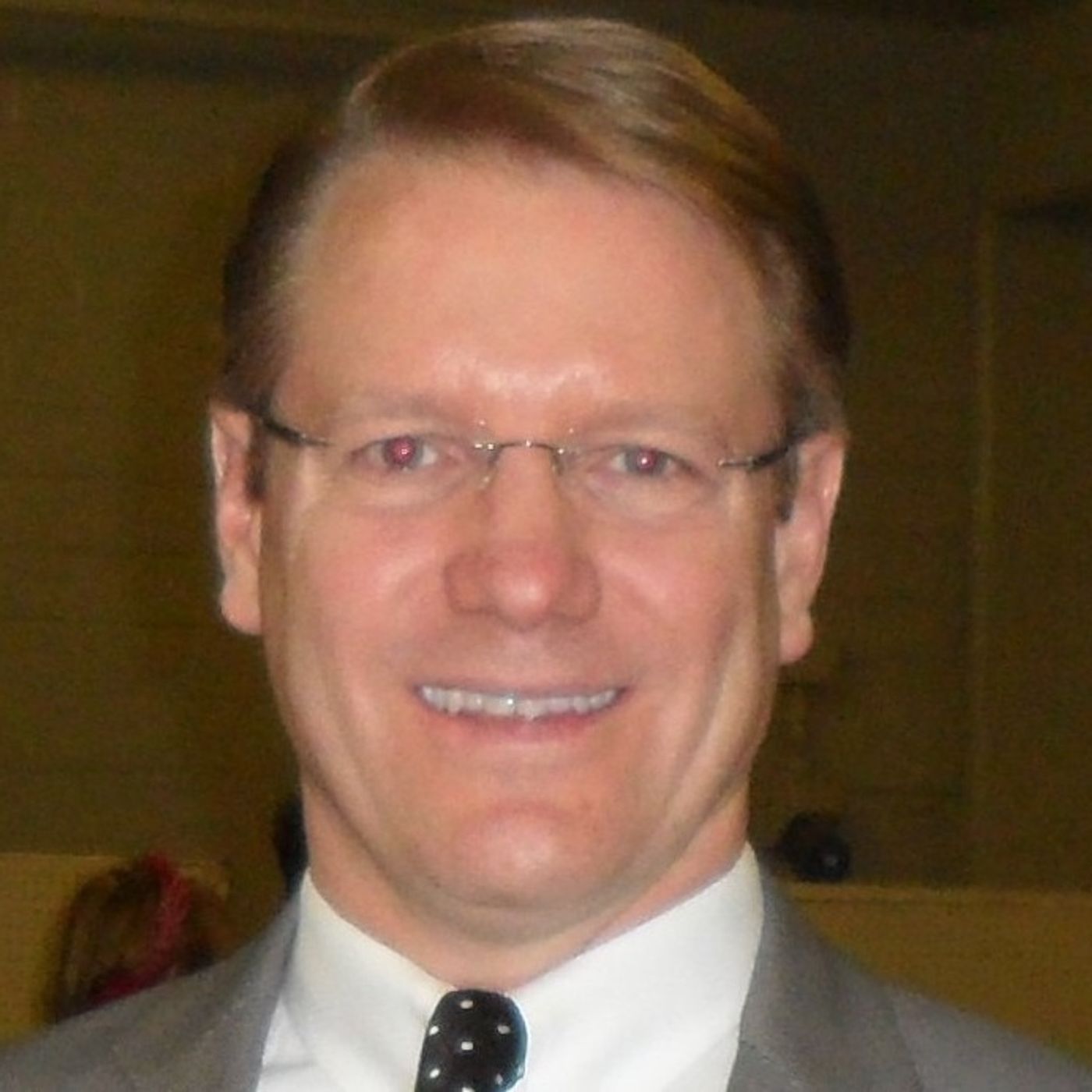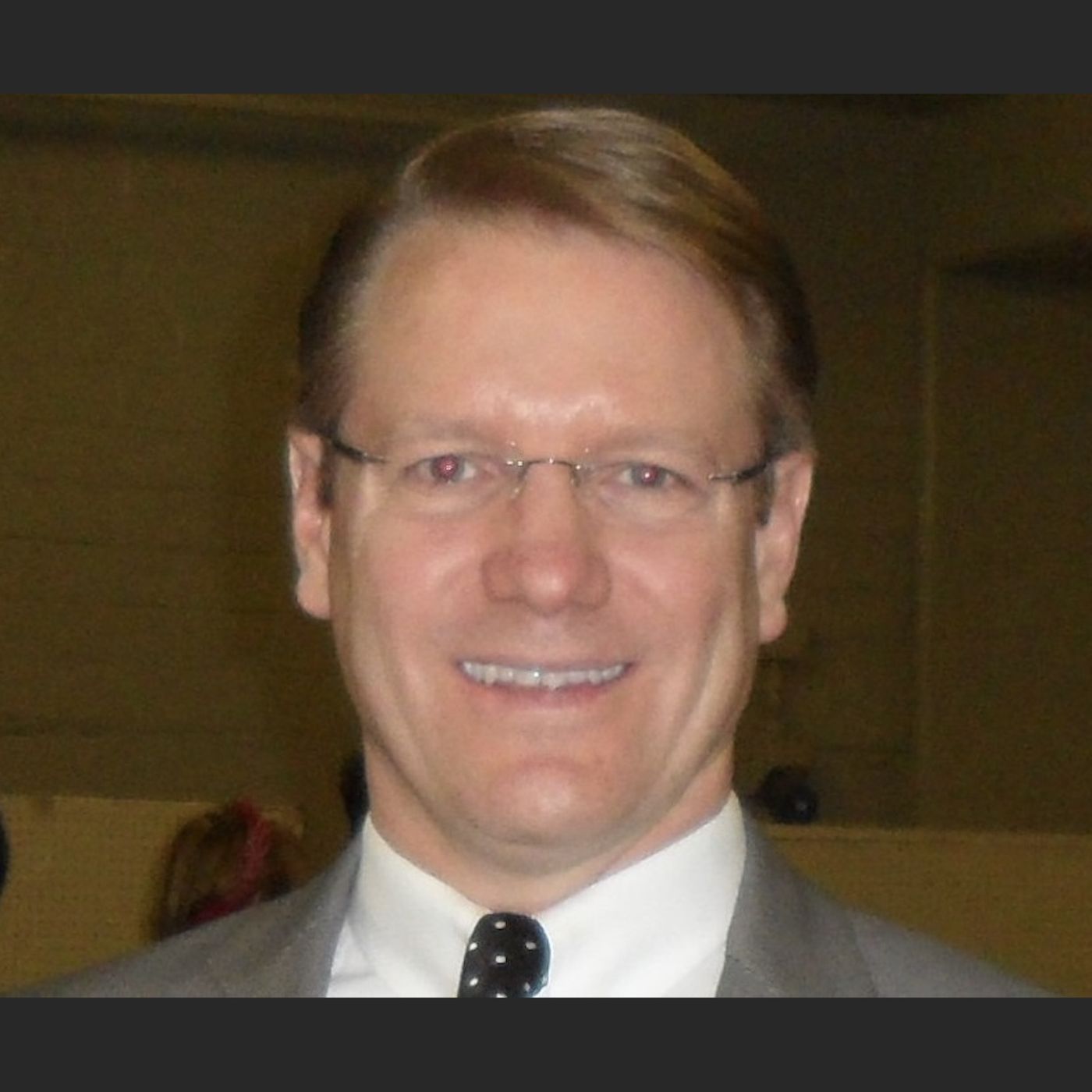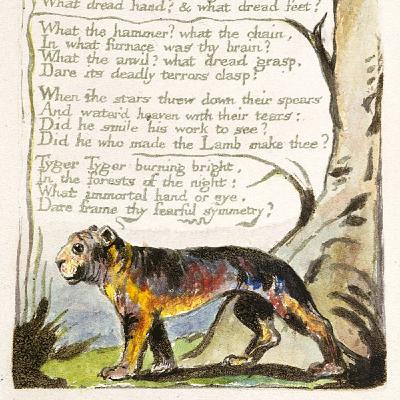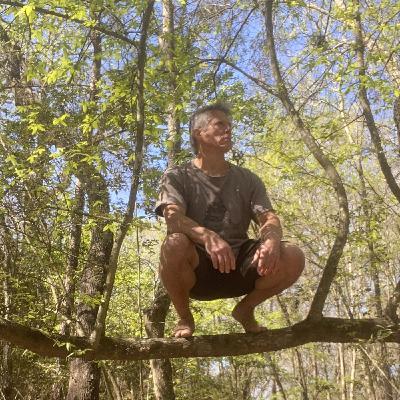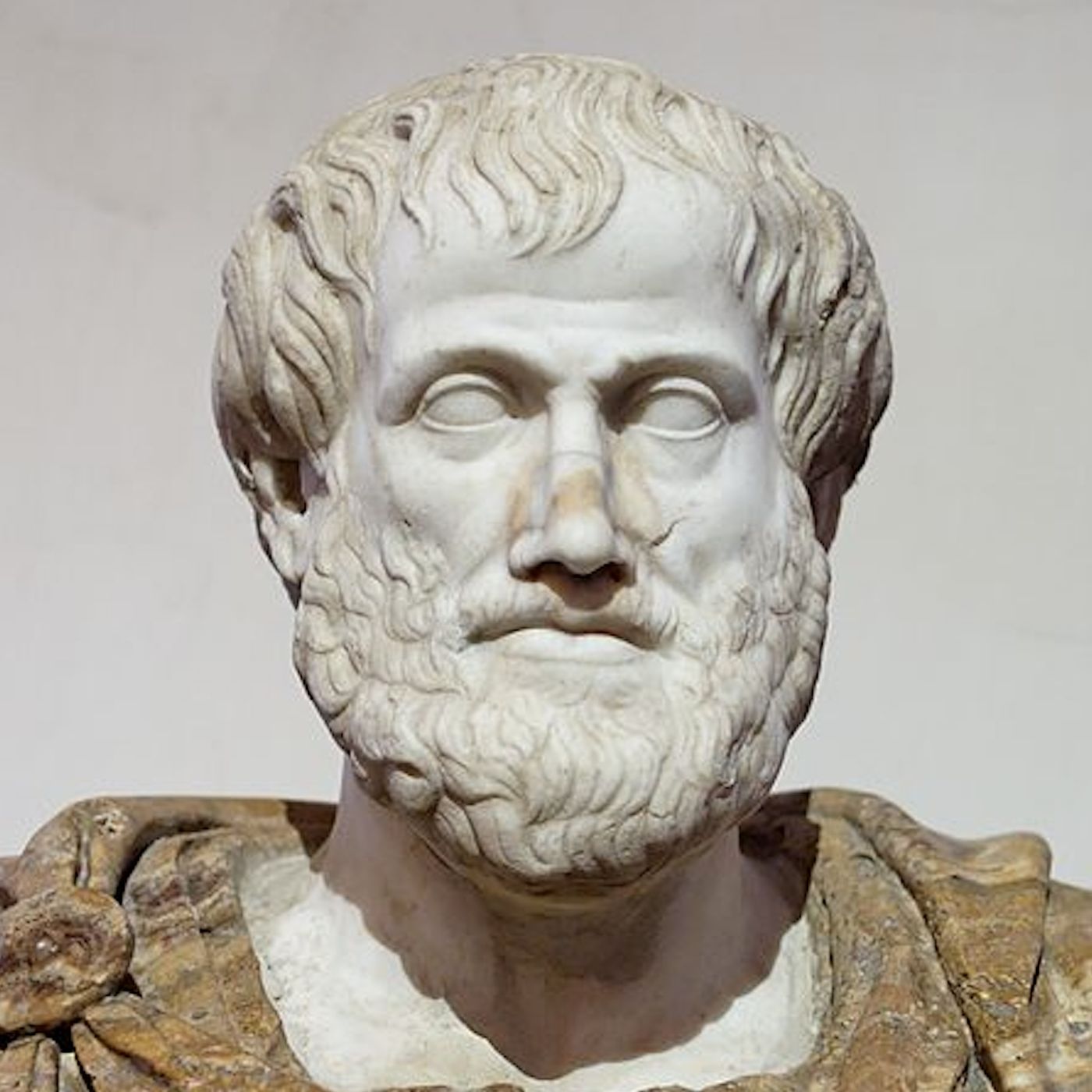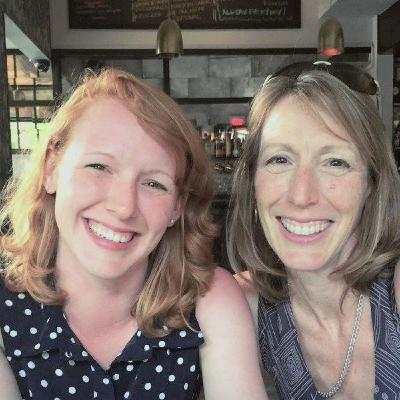Episode 49 Engineer Hannes Hacker on Thinking Skills and Logic in Engineering
Update: 2020-12-19
Description
Experienced engineer Hannes Hacker joins us to discuss:
-the importance of logic and thinking skills to engineering
-what induction is
-some examples of using induction in engineering
-how induction is related to deduction
-the importance of clear, defined language and concepts
-some tragic examples of what happens without clearly defined language
-how engineering education could and should improve
-and more
About Hannes: "I have almost thirty years of professional experience in space mission systems engineering with emphasis in flight dynamics, attitude control subsystems, and mission operations. This experience spans the entire spacecraft program lifespan from proposal writing through spaceflight operations. I have worked on the Space Shuttle, International Space Station, Iridium communications constellation, various Geostationary communications satellites, micro satellites for the Department of Defense, and the Dream Chaser space plane. I currently work for the Globalstar communications constellation. I have a bachelor of science degree in aerospace engineering from the University of Notre Dame and a master of science in aerospace engineering from the University of Texas at Austin."
To support the show and help us grow our audience -- so we have more of an impact on education and the culture -- please help us with a donation:
1. https://www.patreon.com/reasonrxpodcast
2. https://www.paypal.com/cgi-bin/webscr?cmd=_s-xclick&hosted_button_id=SP6QPQKJU4XSS&source=url
Also, please consider liking us on your podcast app, and leaving a rational review.
And if you find an episode valuable, please share it with parents, teachers, school personnel, friends, and family. Help spread the word, help spread rational ideas for better living.
Contact Michael:
1. Email: reasonrx@aol.com
2. Gold Academy: https://www.goldams.com
3. Total Human Fitness: https://total-human-fitness.com
4. Cypress Creek Ecological Restoration Project: https://ccerp.org
5. LinkedIn: https://www.linkedin.com/in/michael-gold-2883921/
6. Twitter/Instagram: EpistemeRx
Show notes.
1. Science is the inductive, integrated understanding of the nature of things and their cause-effect relationships.
2. Engineering is "the art or science of making practical application of the knowledge of pure sciences, as physics or chemistry, as in the construction of engines, bridges, buildings, mines, ships, and chemical plants." (https://www.dictionary.com/browse/engineering)
3. Induction
a. A generalization/induction is a universal statement true, regardless of time or place, of all things of a specific kind in a specific context.
b. Rules of induction.
1. Find concretes/particulars that are numerous and varied
2. (looking for disconfirming (as well as confirming) instances)
3. in contrast to other things in a context,
4. then form a statement about all things of the kind: a statement about their nature, or a statement about what they do or how they behave,
5. making sure there is a causal link involved.
6. Then, to check the logic of your statement (your generalization):
a. identify the context of your generalization.
b. identify the hierarchical structure of your generalization (trace the induction back through other inductions, ideas, and concepts back to the evidence of the senses)
4. Deduction is the mental process of applying a universal statement to a particular thing, a less general statement, or a statement of the same "level of generality."
5. Tacoma Narrows Bridge Collapse "Gallopin' Gertie" (some videos showing the event, some discussing it).
a. https://www.youtube.com/watch?v=esfpcnQW6qs
b. https://www.youtube.com/watch?v=j-zczJXSxnw
c. https://www.youtube.com/watch?v=mXTSnZgrfxM
d. https://www.youtube.com/watch?v=1lX0UHdaPpg
e. https://www.youtube.com/watch?v=lXyG68_caV4
6. Octave Chanute
a. https://disciplesofflight.com/octave-chanute/
b. https://en.wikipedia.org/wiki/Octave_Chanute
c. https://www.britannica.com/biography/Octave-Chanute
d. https://www.nationalaviation.org/our-enshrinees/chanute-octave/
7. Temperature vs. Number of Pirates: https://churchoftheflyingspaghettimonsteraustralia.files.wordpress.com/2013/12/pchart1.jpg
8. Church of the Flying Spaghetti Monster, or Pastafarianism
a. https://en.wikipedia.org/wiki/Flying_Spaghetti_Monster
b. http://spaghettimonster.com/pastafarianism/
9. Tenerife Airport Disaster ( KLM Flight 4805 and Pan Am Flight 1736)
a. https://en.wikipedia.org/wiki/Tenerife_airport_disaster
b. https://www.historynet.com/disaster-on-tenerife-historys-worst-airline-accident.htm
10. Words/concepts/language
a. A concept (aka a word) is a unit of knowledge formed by abstraction from two or more things that are the same in some way (in contrast to other similar things) and that stores everything we know about things of a kind.
b. Some rules for forming concepts:
1. Get some things in a context,
2. finding out how they are similar
3. by contrasting them with related things,
4. and thus making your idea/concept.
5. Sketch out the prior concepts necessary to know the concept.
6. Formulate a defintion.
11. Definitions
a. A definition is a statement of the essence of a thing
b. Rules of definition
1. a good definition should have a genus and a differentia
2. a good definition should state the essence of a thing
12. Antoine-Laurent Lavoisier
a. https://www.acs.org/content/acs/en/education/whatischemistry/landmarks/lavoisier.html
b. https://en.wikipedia.org/wiki/Antoine_Lavoisier
c. https://www.sciencehistory.org/historical-profile/antoine-laurent-lavoisier
13. Johns Hopkins Bloomberg School of Public Health, Department of Molecular Microbiology and Immunology
a. "Science students learned the facts of their specific field without understanding how science should work in order to draw true conclusions." --David Epstein, Range: How Generalists Triumph in a Specialized World
b. "Part of the problem, [Arturo Casadevall] argued, is that young scientists are rushed to specialize before they learn how to think. They end up unable to produce good work themselves and unequipped to spot bad or fraudulent work by their colleagues.” — David Epstein, Range: How Generalists Triumph in a Specialized World
c. "But educators at the Johns Hopkins Bloomberg School of Public Health assert that memorization alone does not a scientist make — above all, students must be critical, creative thinkers who are honest and responsible with data. In order to train scientists as critical thinkers, the R3 Graduate Science Initiative was recently created in the Department of Molecular Microbiology and Immunology (MMI), led by director Gundula Bosch, Ph.D." (from: https://biomedicalodyssey.blogs.hopkinsmedicine.org/2018/03/revolutionizing-with-r3-a-new-ph-d-program-seeks-to-train-scientists-as-critical-thinkers/)
d. "For their part, Casadevall and Bosch write that science education reform should result in scientists who are: (1) broadly interested, creative and self-directed, as were some scientists in the era of Louis Pasteur, Marie Curie, Albert Einstein, and Linus Pauling; (2) versed in epistemology, sound research conduct and error analysis, according to the "3R" norms of good scientific practice—rigor, responsibil
-the importance of logic and thinking skills to engineering
-what induction is
-some examples of using induction in engineering
-how induction is related to deduction
-the importance of clear, defined language and concepts
-some tragic examples of what happens without clearly defined language
-how engineering education could and should improve
-and more
About Hannes: "I have almost thirty years of professional experience in space mission systems engineering with emphasis in flight dynamics, attitude control subsystems, and mission operations. This experience spans the entire spacecraft program lifespan from proposal writing through spaceflight operations. I have worked on the Space Shuttle, International Space Station, Iridium communications constellation, various Geostationary communications satellites, micro satellites for the Department of Defense, and the Dream Chaser space plane. I currently work for the Globalstar communications constellation. I have a bachelor of science degree in aerospace engineering from the University of Notre Dame and a master of science in aerospace engineering from the University of Texas at Austin."
To support the show and help us grow our audience -- so we have more of an impact on education and the culture -- please help us with a donation:
1. https://www.patreon.com/reasonrxpodcast
2. https://www.paypal.com/cgi-bin/webscr?cmd=_s-xclick&hosted_button_id=SP6QPQKJU4XSS&source=url
Also, please consider liking us on your podcast app, and leaving a rational review.
And if you find an episode valuable, please share it with parents, teachers, school personnel, friends, and family. Help spread the word, help spread rational ideas for better living.
Contact Michael:
1. Email: reasonrx@aol.com
2. Gold Academy: https://www.goldams.com
3. Total Human Fitness: https://total-human-fitness.com
4. Cypress Creek Ecological Restoration Project: https://ccerp.org
5. LinkedIn: https://www.linkedin.com/in/michael-gold-2883921/
6. Twitter/Instagram: EpistemeRx
Show notes.
1. Science is the inductive, integrated understanding of the nature of things and their cause-effect relationships.
2. Engineering is "the art or science of making practical application of the knowledge of pure sciences, as physics or chemistry, as in the construction of engines, bridges, buildings, mines, ships, and chemical plants." (https://www.dictionary.com/browse/engineering)
3. Induction
a. A generalization/induction is a universal statement true, regardless of time or place, of all things of a specific kind in a specific context.
b. Rules of induction.
1. Find concretes/particulars that are numerous and varied
2. (looking for disconfirming (as well as confirming) instances)
3. in contrast to other things in a context,
4. then form a statement about all things of the kind: a statement about their nature, or a statement about what they do or how they behave,
5. making sure there is a causal link involved.
6. Then, to check the logic of your statement (your generalization):
a. identify the context of your generalization.
b. identify the hierarchical structure of your generalization (trace the induction back through other inductions, ideas, and concepts back to the evidence of the senses)
4. Deduction is the mental process of applying a universal statement to a particular thing, a less general statement, or a statement of the same "level of generality."
5. Tacoma Narrows Bridge Collapse "Gallopin' Gertie" (some videos showing the event, some discussing it).
a. https://www.youtube.com/watch?v=esfpcnQW6qs
b. https://www.youtube.com/watch?v=j-zczJXSxnw
c. https://www.youtube.com/watch?v=mXTSnZgrfxM
d. https://www.youtube.com/watch?v=1lX0UHdaPpg
e. https://www.youtube.com/watch?v=lXyG68_caV4
6. Octave Chanute
a. https://disciplesofflight.com/octave-chanute/
b. https://en.wikipedia.org/wiki/Octave_Chanute
c. https://www.britannica.com/biography/Octave-Chanute
d. https://www.nationalaviation.org/our-enshrinees/chanute-octave/
7. Temperature vs. Number of Pirates: https://churchoftheflyingspaghettimonsteraustralia.files.wordpress.com/2013/12/pchart1.jpg
8. Church of the Flying Spaghetti Monster, or Pastafarianism
a. https://en.wikipedia.org/wiki/Flying_Spaghetti_Monster
b. http://spaghettimonster.com/pastafarianism/
9. Tenerife Airport Disaster ( KLM Flight 4805 and Pan Am Flight 1736)
a. https://en.wikipedia.org/wiki/Tenerife_airport_disaster
b. https://www.historynet.com/disaster-on-tenerife-historys-worst-airline-accident.htm
10. Words/concepts/language
a. A concept (aka a word) is a unit of knowledge formed by abstraction from two or more things that are the same in some way (in contrast to other similar things) and that stores everything we know about things of a kind.
b. Some rules for forming concepts:
1. Get some things in a context,
2. finding out how they are similar
3. by contrasting them with related things,
4. and thus making your idea/concept.
5. Sketch out the prior concepts necessary to know the concept.
6. Formulate a defintion.
11. Definitions
a. A definition is a statement of the essence of a thing
b. Rules of definition
1. a good definition should have a genus and a differentia
2. a good definition should state the essence of a thing
12. Antoine-Laurent Lavoisier
a. https://www.acs.org/content/acs/en/education/whatischemistry/landmarks/lavoisier.html
b. https://en.wikipedia.org/wiki/Antoine_Lavoisier
c. https://www.sciencehistory.org/historical-profile/antoine-laurent-lavoisier
13. Johns Hopkins Bloomberg School of Public Health, Department of Molecular Microbiology and Immunology
a. "Science students learned the facts of their specific field without understanding how science should work in order to draw true conclusions." --David Epstein, Range: How Generalists Triumph in a Specialized World
b. "Part of the problem, [Arturo Casadevall] argued, is that young scientists are rushed to specialize before they learn how to think. They end up unable to produce good work themselves and unequipped to spot bad or fraudulent work by their colleagues.” — David Epstein, Range: How Generalists Triumph in a Specialized World
c. "But educators at the Johns Hopkins Bloomberg School of Public Health assert that memorization alone does not a scientist make — above all, students must be critical, creative thinkers who are honest and responsible with data. In order to train scientists as critical thinkers, the R3 Graduate Science Initiative was recently created in the Department of Molecular Microbiology and Immunology (MMI), led by director Gundula Bosch, Ph.D." (from: https://biomedicalodyssey.blogs.hopkinsmedicine.org/2018/03/revolutionizing-with-r3-a-new-ph-d-program-seeks-to-train-scientists-as-critical-thinkers/)
d. "For their part, Casadevall and Bosch write that science education reform should result in scientists who are: (1) broadly interested, creative and self-directed, as were some scientists in the era of Louis Pasteur, Marie Curie, Albert Einstein, and Linus Pauling; (2) versed in epistemology, sound research conduct and error analysis, according to the "3R" norms of good scientific practice—rigor, responsibil
Comments
In Channel


